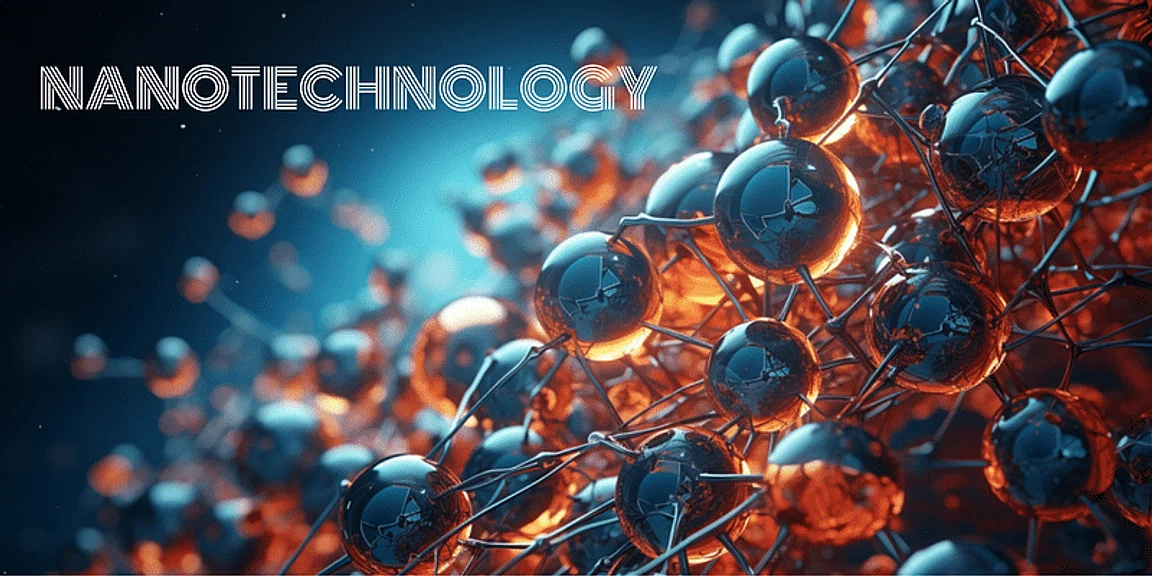Introduction
Nanotechnology, often referred to as the science of the small, has emerged as a transformative field with profound implications across various industries. It involves the manipulation and utilization of materials at the nanoscale, which is roughly one to one hundred nanometers in size (for reference, a human hair is about 80,000 nanometers wide). In this article, we will explore the world of nanotechnology, its potential applications, and the impact it is already having on our lives.
Understanding Nanotechnology
At the heart of nanotechnology lies the ability to engineer and manipulate matter at the nanoscale. This level of precision enables scientists and engineers to work with individual molecules and atoms, paving the way for incredible advancements in various fields.
- Materials Science: Nanotechnology allows for the creation of novel materials with enhanced properties. For example, carbon nanotubes are exceptionally strong and conductive, making them ideal for applications in aerospace and electronics. Similarly, nanoparticles can be tailored to have unique chemical and physical properties for applications in medicine and energy storage.
- Medicine: In the field of healthcare, nanotechnology has revolutionized drug delivery, diagnostics, and even imaging. Nanoparticles can target specific cells or tissues, improving the efficiency and accuracy of treatments while minimizing side effects. Furthermore, nanoscale sensors and imaging agents provide doctors with unprecedented insights into the human body.
- Electronics: The shrinking of electronic components to the nanoscale has led to smaller, faster, and more energy-efficient devices. Nanoelectronics have enabled the development of powerful yet compact computers, smartphones, and sensors, driving the technology industry forward.
- Energy: Nanotechnology is also contributing to the quest for sustainable energy solutions. Nanomaterials are being used to improve the efficiency of solar panels, enhance energy storage in batteries, and develop more efficient fuel cells. These innovations hold the potential to address pressing environmental challenges.
Applications of Nanotechnology
Nanotechnology has found applications in a wide range of industries, and its impact continues to grow.
- Medicine: Nanomedicine is revolutionizing healthcare with targeted drug delivery systems, advanced imaging techniques, and personalized treatments. Researchers are exploring the use of nanoparticles to combat cancer, deliver vaccines, and even repair damaged tissues.
- Electronics: Nanoelectronics are responsible for the miniaturization of electronic devices, leading to smaller and more powerful gadgets. This has implications for everything from consumer electronics to space exploration.
- Environment: Nanotechnology is playing a vital role in environmental conservation. Nanomaterials are being used to remove pollutants from water and air, while nanosensors help monitor environmental conditions and detect contaminants.
- Energy: Nanotechnology is contributing to the development of clean and renewable energy sources. Improved solar cells, energy-efficient lighting, and advanced battery technologies are just a few examples of its impact on the energy sector.
Challenges and Ethical Considerations
While nanotechnology holds tremendous promise, it also raises important ethical and safety concerns. The manipulation of matter at the nanoscale has the potential for unintended consequences. Researchers and policymakers must address issues related to toxicity, environmental impact, and responsible development.
Moreover, the equitable distribution of nanotechnology benefits is a pressing concern. It is essential to ensure that the advantages of nanotechnology are accessible to all and do not exacerbate existing disparities.
Conclusion
Nanotechnology is a groundbreaking field that has already begun to shape our world in profound ways. From improving healthcare and electronics to addressing environmental challenges and revolutionizing energy production, its applications are far-reaching. However, with great power comes great responsibility, and it is crucial to approach nanotechnology with careful consideration of its ethical, safety, and societal implications. As this field continues to evolve, it will undoubtedly play a central role in shaping our future.



